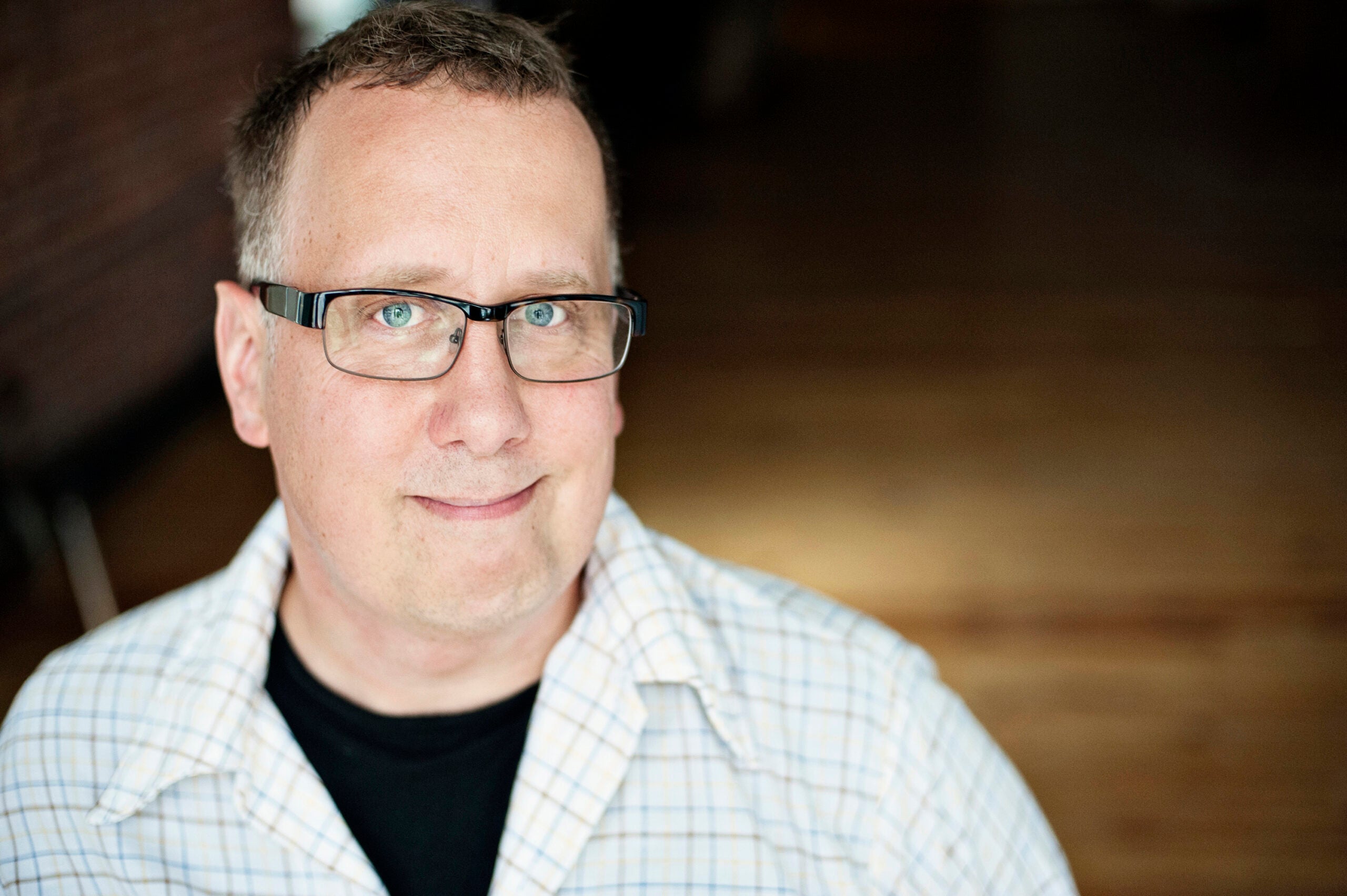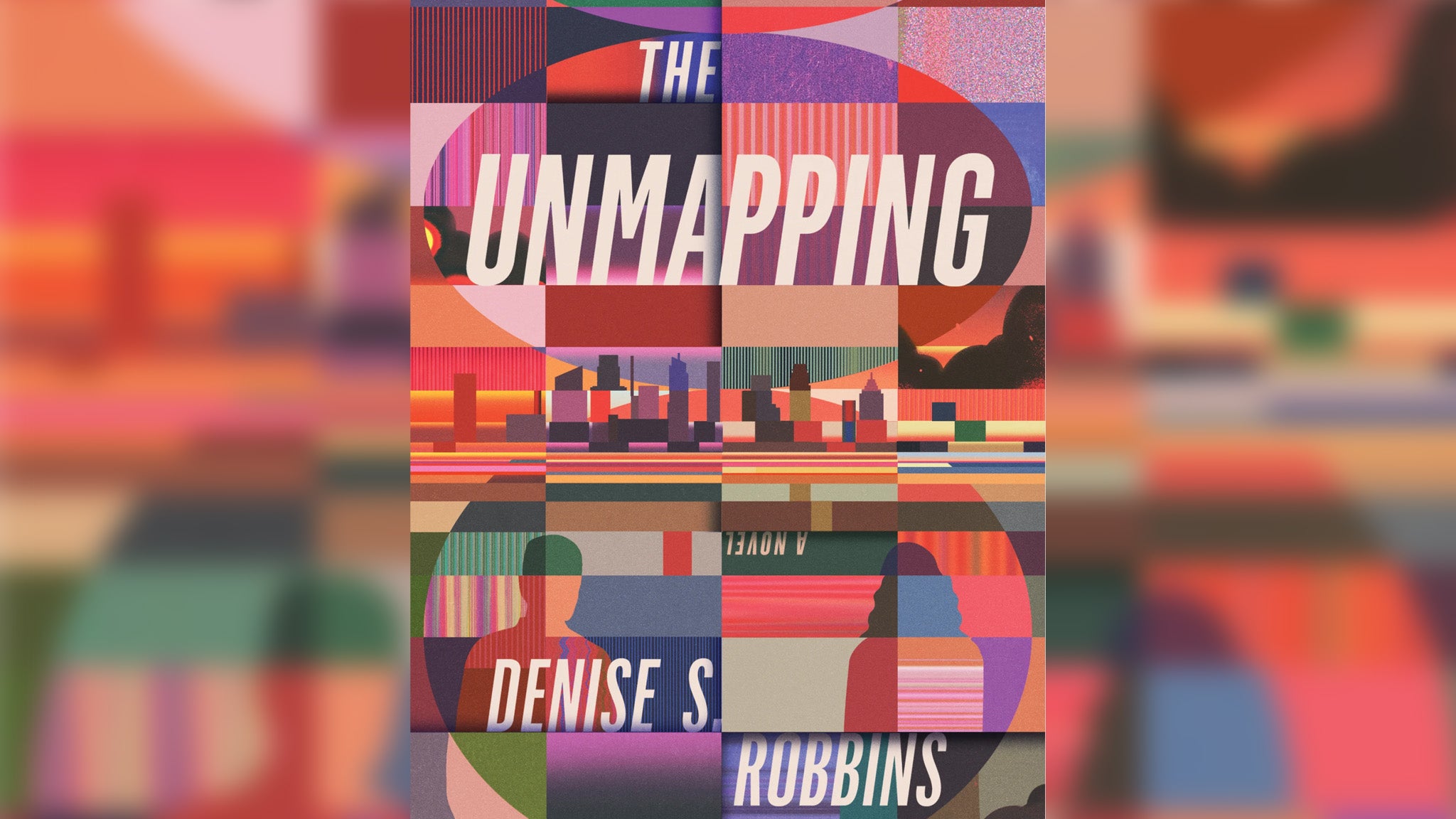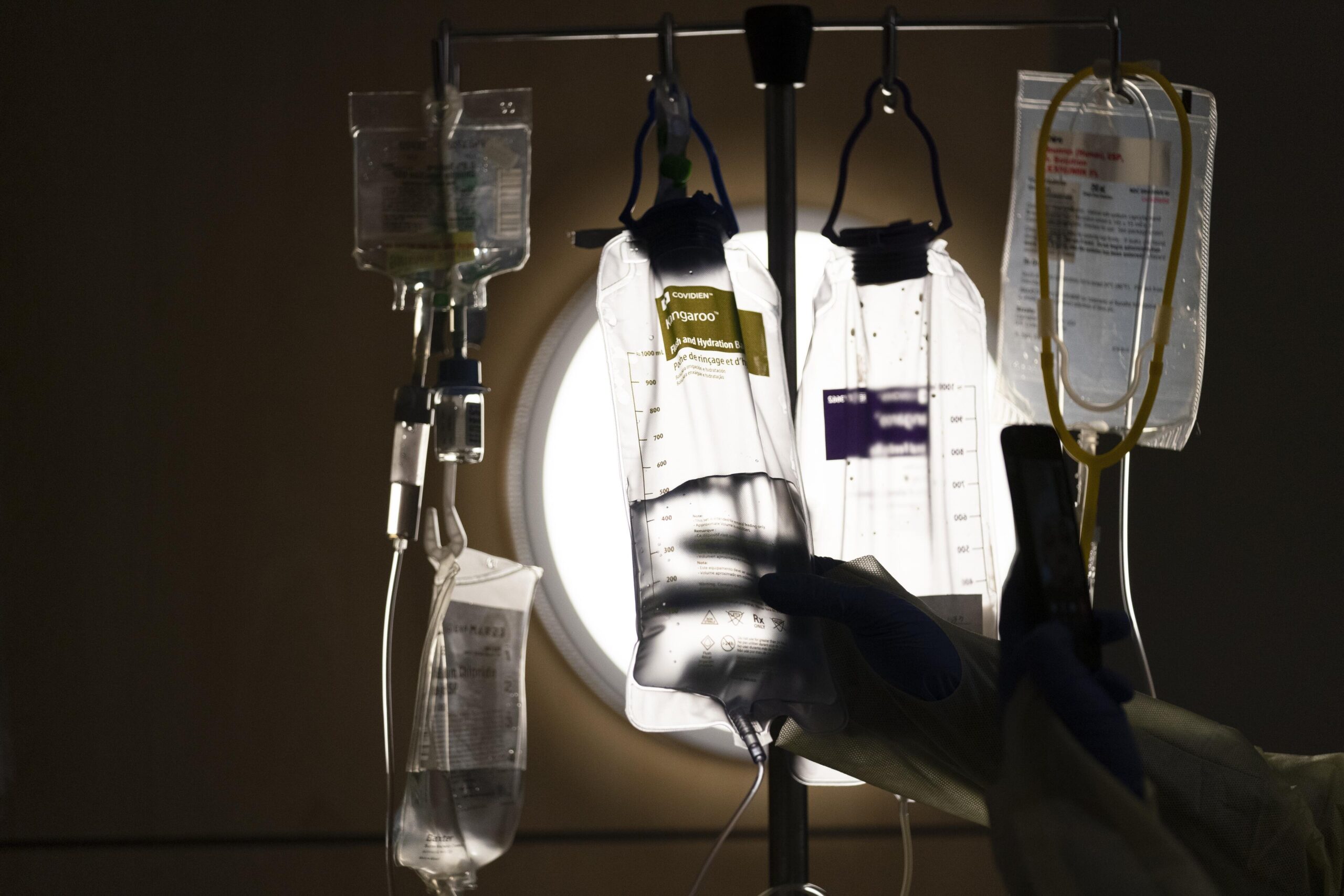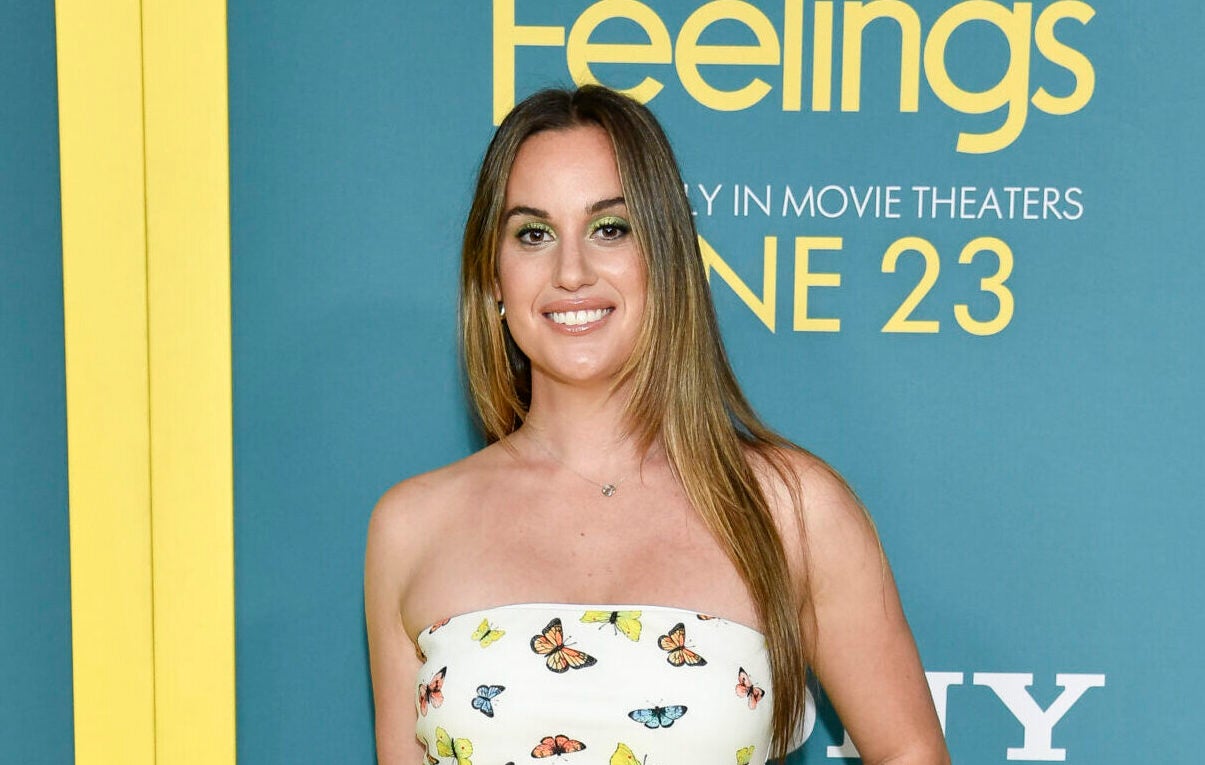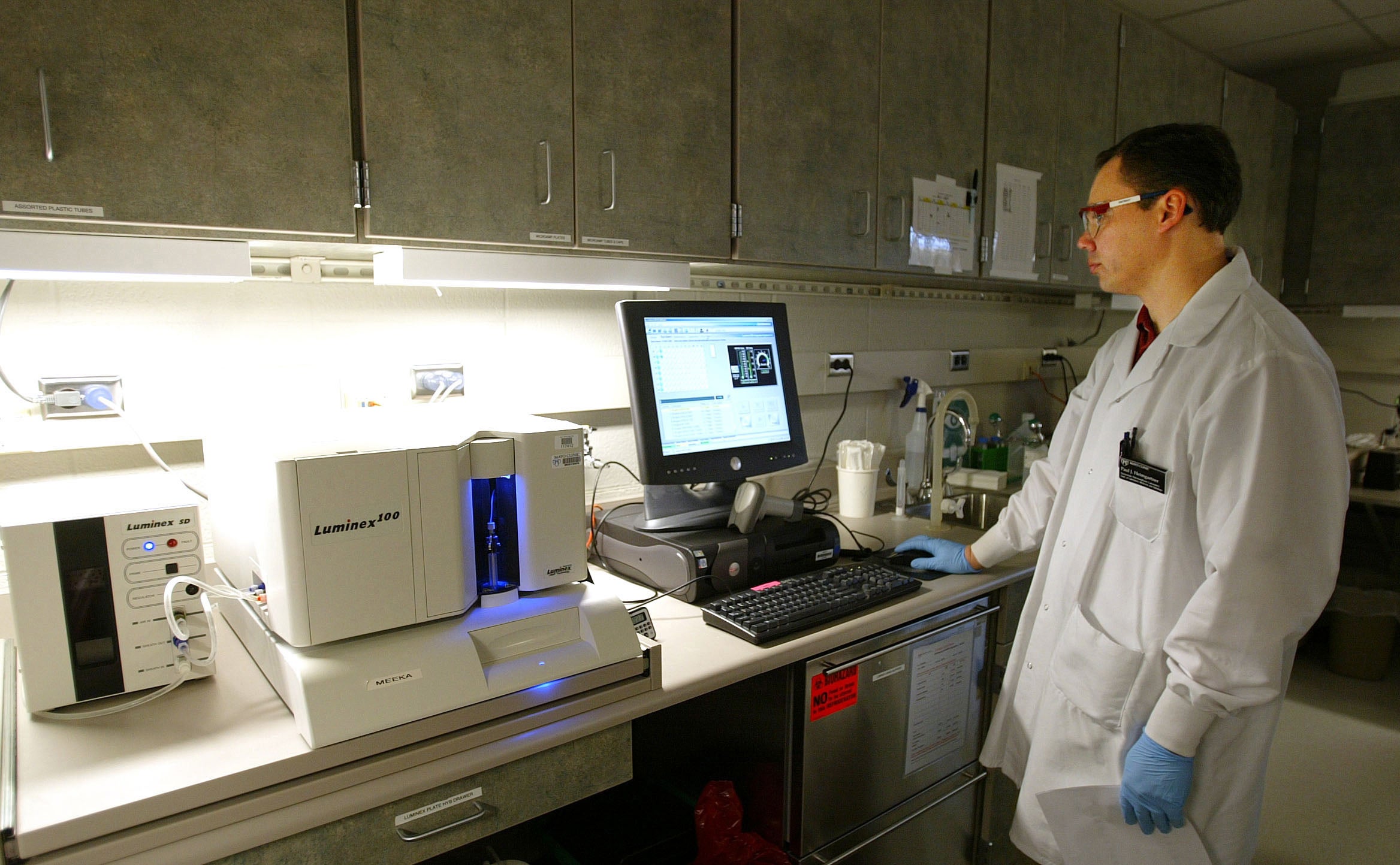Every week, John Moe sits down with a famous comedian or writer to have a frank, serious — and often funny — conversation about depression.
While not typically a laughing matter, “The Hilarious World of Depression,” looks to find humor in the isolating and debilitating aspects of depression as a way to take back control and connect with others, Moe said.
He recently spoke with WPR’s “Central Time” host Rob Ferret about his podcast and new book of the same title.
News with a little more humanity
WPR’s “Wisconsin Today” newsletter keeps you connected to the state you love without feeling overwhelmed. No paywall. No agenda. No corporate filter.
The interview has been edited for brevity and clarity.
Rob Ferret: How has taking that funny approach, dealing head on with the absurdity of depression helped you over the years?
John Moe: For me, the humor is in the boundary crossing and just the naughtiness of the whole thing. It reminds me of like, if a toddler is driving a car … it’s terrifying and somebody might get hurt. But it’s this world out of balance that you find some humor in.
A lot of people just find the humor in these situations — that it puts you in these absurd situations, and then the laughter comes from commiserating with other people who’ve shared the same experience. If you can find what’s funny about something as ferocious as depression, then you take away its power a little bit and you build up a little more nerve for yourself, which you can use to deal with it.
RF: On your podcast there’s two people who deal with depression talking about it out loud and sharing it with the world — this thing that we often don’t talk about as a culture and as individuals.
JM: Yeah. That’s sort of how this all came about. I lost my brother to suicide about 13 years ago and at his service, I was thinking nobody wanted to talk about this. He didn’t want to talk about it, so he didn’t get the help that he needed because he thought it was a moral failing or a weakness.
If people don’t talk about a mental disorder that they’re having, it’s almost certain to get worse because they’re denying themselves both medical attention and being part of a community where there are other people like them.
If we choose to talk about it, it has a chance of getting better. I want to encourage people to open up and for it to be as normal as saying I have a toothache or my knee hurts.
RF: You write about the difficulty of acknowledging that you have depression and seeking that diagnosis because you were afraid of what that would tell you about yourself. How did you overcome that?
JM: For me, the resistance was that I didn’t think I was worth going to get it checked out at a doctor. And that’s one of the lies that depression tells you, that you’re not worthy of treatment, you’re beyond help, nobody will understand.
But when I finally did get the diagnosis — and this was decades into dealing with this — it was joyful. It was a wonderful experience because it was finally a thing that I had, and not a thing that I was. You didn’t choose this, because who in the world would choose such a thing? But there is treatment available and you can find a way to get it.
RF: What do you want people who don’t have depression to know?
JM: That it’s not a mood. There’s the emotion of depression and it’s easy to think that that’s what we’re talking about. You’re not depressed that your team lost the big game. You’re just sad about that.
Depression is a much more complicated affair. It’s something that isn’t taken care of by going for a walk or smiling more or watching a funny TV show. Your dour mood might be helped by those things, but this is a medical mental disorder.
The other thing I want people to know is that there are people in your life who are dealing with this right now and they’re not walking around moping. We’re like anyone else. We’re blending into society. And maybe they’re having a rough go of things, or maybe they’re doing just fine, but they still have this chronic condition that they need to manage. Just as somebody with diabetes needs to watch their insulin level.
RF: An important point you make is that we want to have a happy ending where the person with depression figures it out, and they’re good from here on out. But that’s not really how it necessarily is going to go.
JM: No. If something cures your depression, it probably wasn’t depression that you had in the first place. We’re a story driven culture and our TV shows and our movies, by and large, there is an arc where the hero eventually solves the problem.
And that’s not really the case when it comes to reality and mental illness. Most of the time it’s something that you have to manage, and you can manage it extremely well. It’s been a long road, but I’ve found therapy, a medication that works and for particular traumas, I did EMDR therapy and that was incredibly effective.
Andy Richter from the Conan show said it’s like a bad back. It’s something that you’re always going to be aware of, and when it flares up, you’re like, OK, I have to go to this doctor, I have to do these exercises, I have to do this thing. You have a plan ready to go and you take care of it. So it’s never going to be gone forever, probably. But it’s something that you can manage.
If you, or someone you know, is struggling with depression, the suicide hotline is available 24 hours a day at 1-800-273-8255. You can also chat on their website.
Wisconsin Public Radio, © Copyright 2025, Board of Regents of the University of Wisconsin System and Wisconsin Educational Communications Board.

